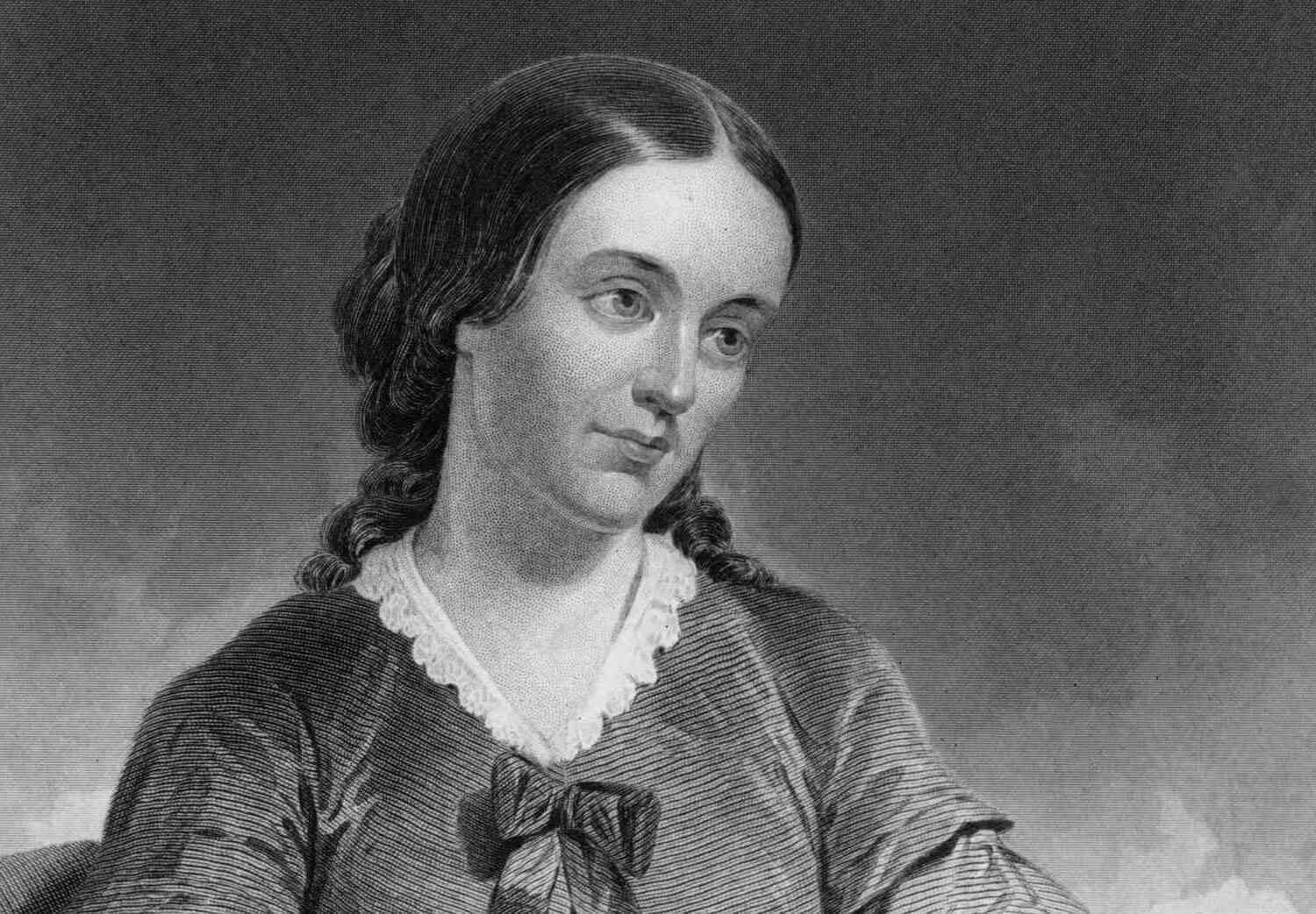
Who was Margaret Fuller? Margaret Fuller was a pioneering American journalist, editor, critic, and women's rights advocate in the 19th century. Why is she important? She broke barriers as the first full-time female book reviewer in journalism and was a key figure in the transcendentalist movement. What did she achieve? Fuller authored "Woman in the Nineteenth Century," a groundbreaking work advocating for women's equality. How did she influence society? Her writings and lectures inspired many to rethink gender roles and societal norms. What makes her legacy enduring? Fuller's contributions to literature, feminism, and social reform continue to resonate today.
Early Life and Education
Margaret Fuller was a pioneering figure in American literature and women's rights. Her early life and education set the stage for her later achievements.
-
Born on May 23, 1810, in Cambridgeport, Massachusetts, Fuller was the eldest of nine children. Her father, Timothy Fuller, was a lawyer and congressman who took a keen interest in her education.
-
Fuller was a child prodigy. By the age of three, she could read and write. Her father rigorously educated her in classical literature, philosophy, and languages, making her one of the most well-read women of her time.
-
She attended the Port School in Cambridge, where she was the only girl in her class. Fuller later studied at the Boston Lyceum for Young Ladies, furthering her education in literature and languages.
Literary Career
Fuller's literary career was marked by her contributions to transcendentalism and her role as a critic and editor.
-
Fuller became the first woman to work as a professional book reviewer in journalism. She wrote for the New-York Tribune, where she reviewed hundreds of books, bringing attention to new authors and ideas.
-
In 1840, she became the editor of "The Dial," a transcendentalist journal. Under her leadership, the journal published works by Ralph Waldo Emerson, Henry David Thoreau, and other prominent thinkers.
-
Fuller authored "Woman in the Nineteenth Century," published in 1845. This groundbreaking work is considered one of the earliest pieces of feminist literature, advocating for women's rights and equality.
Advocacy and Activism
Fuller was not just a writer; she was also a passionate advocate for social reform.
-
She held "Conversations" for women in Boston, where participants discussed literature, philosophy, and social issues. These gatherings were among the first organized efforts to promote women's education and empowerment.
-
Fuller was an early supporter of the abolitionist movement. She used her platform to speak out against slavery, writing articles and giving lectures to raise awareness.
-
During her time in Europe, Fuller became involved in the Italian revolution of 1848. She supported the cause of Italian independence and even worked as a nurse during the conflict.
Personal Life and Legacy
Fuller's personal life was as complex and fascinating as her public endeavors.
-
In 1847, Fuller moved to Europe, where she met Giovanni Angelo Ossoli, an Italian revolutionary. The two fell in love and had a son, Angelo Eugene Philip Ossoli, in 1848.
-
Fuller, Ossoli, and their son tragically died in a shipwreck off Fire Island, New York, in 1850. They were returning to the United States after several years in Europe.
-
Despite her untimely death, Fuller's influence lived on. Her work inspired future generations of feminists, including Susan B. Anthony and Elizabeth Cady Stanton.
Recognition and Honors
Fuller's contributions have been recognized and honored in various ways over the years.
-
In 1995, Fuller was inducted into the National Women's Hall of Fame, acknowledging her role as a pioneer in women's rights and literature.
-
Numerous schools, libraries, and organizations have been named in her honor, ensuring that her legacy continues to inspire new generations.
Margaret Fuller's Lasting Impact
Margaret Fuller left a significant mark on literature, feminism, and social reform. Her work as a journalist, editor, and critic broke barriers for women in the 19th century. Fuller's book, "Woman in the Nineteenth Century," is considered a cornerstone of feminist literature. She was also a key figure in the Transcendentalist movement, influencing thinkers like Emerson and Thoreau.
Fuller's advocacy for women's rights and her fearless pursuit of intellectual equality continue to inspire. Her tragic death in a shipwreck at age 40 cut short a promising career, but her legacy endures. Through her writings and actions, Fuller paved the way for future generations to challenge societal norms and fight for equality. Her life reminds us that one person's dedication can spark lasting change.
Was this page helpful?
Our commitment to delivering trustworthy and engaging content is at the heart of what we do. Each fact on our site is contributed by real users like you, bringing a wealth of diverse insights and information. To ensure the highest standards of accuracy and reliability, our dedicated editors meticulously review each submission. This process guarantees that the facts we share are not only fascinating but also credible. Trust in our commitment to quality and authenticity as you explore and learn with us.


